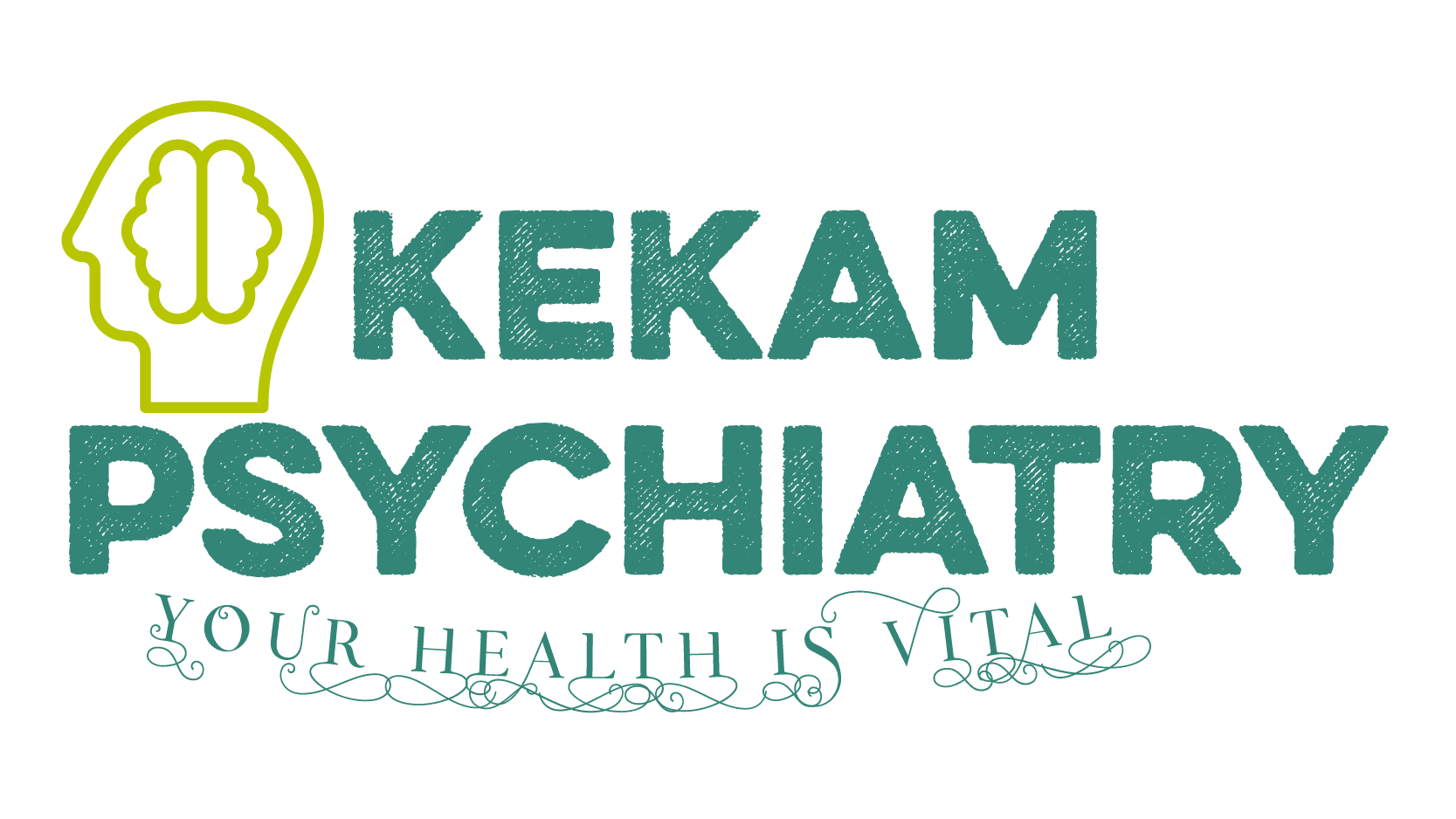Methylfolate is not a cure or guaranteed prevention for Alzheimer’s disease, but it may support brain health in certain ways. Methylfolate is the biologically active form of folate (vitamin B9), which is essential for brain function, DNA repair, and neurotransmitter production. Some research suggests that folate deficiency — especially when it leads to elevated homocysteine levels — may be linked to cognitive decline and neurodegenerative diseases like Alzheimer’s.
Methylfolate helps lower homocysteine, an amino acid that, when elevated, may damage blood vessels and brain cells. Because high homocysteine levels are a potential risk factor for Alzheimer’s, keeping these levels in check could contribute to overall brain health.
However, scientific studies have not proven that methylfolate prevents Alzheimer’s disease. Its benefits are more likely to help individuals who have:
- A folate deficiency
- MTHFR gene mutations (which affect folate metabolism)
- Elevated homocysteine levels
If you or a loved one is concerned about memory loss or early cognitive symptoms, it’s important to speak with a licensed healthcare provider. They can assess vitamin levels, evaluate risk factors, and recommend evidence-based steps for brain health.
Key Takeaways:
- Methylfolate supports brain function, but is not a proven preventive for Alzheimer’s.
- It may help reduce homocysteine, which is linked to brain aging.
- Personalized medical guidance is essential before starting any supplement.
Methylfolate may support brain health by lowering homocysteine levels, which are linked to cognitive decline. However, it is not a proven way to prevent Alzheimer’s disease. Its benefits are most relevant for people with folate deficiency or MTHFR gene mutations. Always consult a healthcare provider before using supplements for memory or brain health.

